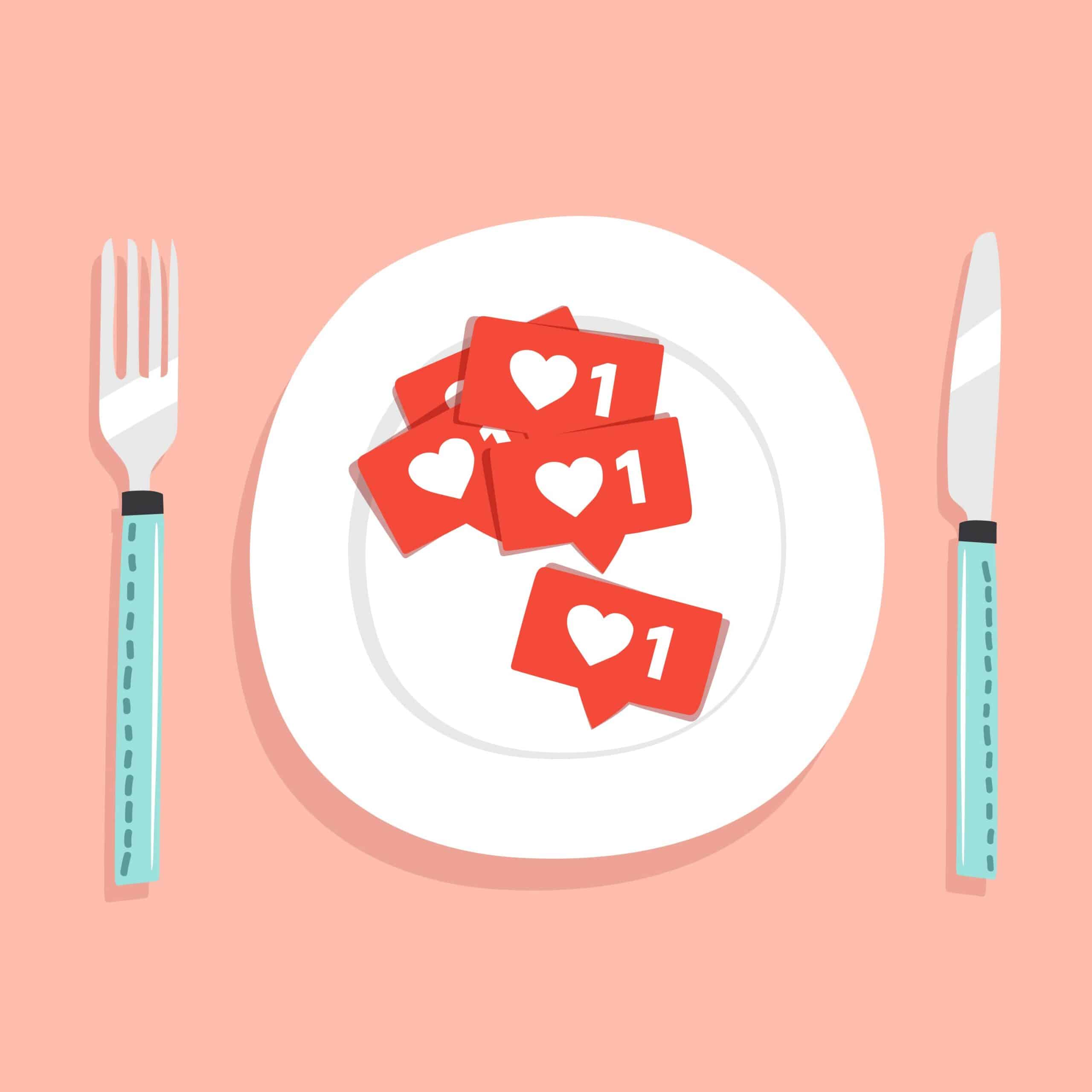Blog

How to Raise Children in a Diet-Obsessed World
Challenging diet culture and normalising all body shapes are integral to our children’s mental health
In an ideal world, our children would be free to grow up in a society that fosters positive relationships with food and their bodies. Unfortunately, warped body image and food beliefs have a way of creeping into the psyches of people of all ages. With 50% of children aged 8 to 13 years old wanting to lose weight, it’s difficult to know how to protect our most vulnerable and allow them to arrive in adulthood unscathed by diet culture.1 This blog article will provide you with some steps you can take to make your child’s environment that little bit safer!
ONE – Set boundaries
A great place to start when it comes to protecting children from diet culture-driven messaging is by setting boundaries around the way other people speak in front of your children.
For example, you might bar any kind of diet or body-related talk in your household. Research has shown that children’s dieting and weight concerns are learned primarily from their family and that ‘fat talk’ (aka negative body- and weight-related conversation) is associated with poor body image in adolescents.1-4
If a visitor makes a comment in front of your child that crosses this boundary, it can feel really challenging to address it when you’re worried about making the other person uncomfortable! Try having a generic response that you can rehearse for when the moment comes – some ideas are:
- “We are trying to teach our children not to make comments about other people’s bodies/eating habits and we’d love it if you could help us with this”
- “We really want our home to be a safe space for our children, so we try to avoid conversations about food/bodies that aren’t constructive for them”
- “It’s really important to us for our children to have a positive relationship with food and their bodies, so let’s continue this conversation when we’re alone”
You might also like to reach out to your child’s teachers and doctor, for example, and let them know that they are welcome to contact you privately if they have concerns about your child’s weight or diet but that you don’t want it discussed in front of them.
With all this being said, we can’t shield our children from everything – it’s only a matter of time until they are exposed to confronting comments about food and appearance. That’s where the next step comes in!
TWO – Educate
Ongoing education is key when it comes to counteracting the diet culture. Young children see things only as black and white – nuance is a thing of the future for them! For this reason, it can be helpful to talk to them about food and their bodies in a neutral way, avoiding labels such as “healthy” or “unhealthy”. Our blog article “How to Raise an Intuitive Eater” has some more helpful tips on this topic!
Other strategies to influence their mindset include:
- Normalising bodies of all shapes and sizes through books, movies and artwork that show different bodies in a positive light.
- Avoiding appearance-based compliments and celebrate their internal qualities instead, such as their kindness or willingness to share.
- Explaining more complex concepts to older children when appropriate, such as the discrimination experienced by people in larger bodies.
While this might all sound quite blasé, it can be a truly complicated task to navigate, especially when your children are getting conflicting messages from other sources. When this occurs, you might like to use it as an opportunity for discussion or simply say “Some people are still learning to like their bodies the way they are”.
THREE – Understand your own biases and beliefs
Although it is important to support your children to develop healthy relationships with food and their bodies, healing from your own trauma should be your first priority – a “put your own oxygen mask on first before assisting others” kind of situation!
If you’re finding yourself struggling with body image and food rules, it may be worth seeking support from a health professional who has experience in this area.
For more help on how to implement these principles into your own life, reach out to one of our expert dietitians at [email protected] – we’d be honoured to support you on this journey with your family!
Karli Battaglia MDiet, APD
EHL Team x
References
- Schur E, Sanders M, Steiner H. Body dissatisfaction and dieting in young children. International Journal of Eating Disorders. 2000;27(1):74-82.
- Balantekin K. The Influence of Parental Dieting Behavior on Child Dieting Behavior and Weight Status. Current Obesity Reports. 2019;8(2):137-144.
- Sharpe H, Naumann U, Treasure J, Schmidt U. Is fat talking a causal risk factor for body dissatisfaction? A systematic review and meta-analysis. International Journal of Eating Disorders. 2013;46(7):643-652.
- Lawler M, Nixon E. Body Dissatisfaction Among Adolescent Boys and Girls: The Effects of Body Mass, Peer Appearance Culture and Internalization of Appearance Ideals. Journal of Youth and Adolescence. 2010;40(1):59-71.













